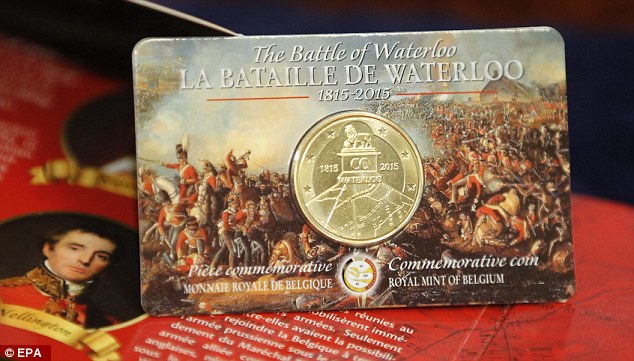In The Diplomat, Nigel Collett reviews a new book by Ferdinand Mount called The Tears of the Rajas: Mutiny, Money and Marriage in India 1805-1905:
It was the discovery of a book by his aunt, Ursula Low, published in 1936 and entitled Fifty Years with John Company, which opened Mount’s eyes to his family’s history and led to the writing of The Tears of the Rajas.
His aunt’s book, a work long ignored and derided as an eccentricity by her family, was a biography of her grandfather, General Sir John Low. What staggered Mount about his aunt’s account was her matter-of-fact recording of the massacres, mutinies and mayhem in which her grandfather and many of her relatives had been involved during their colonial careers. For General Sir John Low had, during a career in India that lasted from 1804 to 1858, seen the brutal suppression of the mutiny of his own regiment at Vellore a year after his arrival in India, the “White Mutiny” of European soldiers in the East India Company’s Forces in 1808 (which resulted in the massacre not of the European mutineers but of the Indian soldiers they led) and finally, in 1857, of the Indian Mutiny itself, which erupted at a time when Low was the Military Member of the Governor General’s Council.
More than this, Low, in a largely political career up until the outbreak of the Mutiny, had been intimately involved in policies which led directly to it, including the removal from power of three Indian potentates to whom he was attached as Resident (the Peshwa of Poona, the Raja of Nagpur and the King of Oudh) and the annexation of their lands. He was at one point, in yet another posting as Resident, personally involved in detaching a large chunk of Hyderabad from the lands of the Nizam.
During his service, Low had watched, and other members of his family had been involved in, the British annexations of Sind and the Punjab, the conquest of Gwalior and the disastrous attempt to depose Dost Mohammed, the Shah of Afghanistan, which led to the catastrophe of the 1st Afghan War. Mount’s title is well chosen: Low literally reduced several of his Rajas to tears.
[…]
Perhaps more stomach-turning than this, especially to a British reader, are Mount’s revelations of the dishonest policies followed by almost every Governor General of India towards India’s native princes, policies driven by pure greed, conducted with cold ruthlessness in utter disregard of treaties, promises or any code of honor, and hidden beneath layers of hypocritical cant. Much of this has not been made generally known. Few, for instance, in the Far East, will know that as the First Opium War in China ended in 1842, another began in India, for the British conquest of Gwalior was aimed at the control of the opium it grew independently of the East India Company.
The removal of misgovernment was all too frequently the fraudulent public excuse for the imposition of direct rule and the canard of the protection of the peasantry from their own rulers was little more than a front for taxing them more efficiently. Add to this noxious behavior insulting racial pride, ignorance of culture and tradition, and a religious evangelism that persuaded army officers that it made sense to tell their Hindu and Muslim soldiers that they would go to Hell if the wars into which they were leading them resulted in their unconverted deaths, and there seems little need for further explanation of why it all ended in disaster in 1857.
While I can’t claim to have read deeply in Indian history during this period, I still think the best introduction to the at-best-ambivalent legacy of British rule is the fictional exploits of Sir Harry Flashman by George MacDonald Fraser (especially the original Flashman, Flashman and the Mountain of Light, and Flashman in the Great Game). How many other novels have extensive footnotes about all the historical characters and situations the fictional hero encounters? Oh, right … for the younger set: trigger warning in all the Flashman novels for racism, sexism, imperialism, militarism, violence, and pretty much anything that would offend the ears of a young Victorian lady modern university student.




